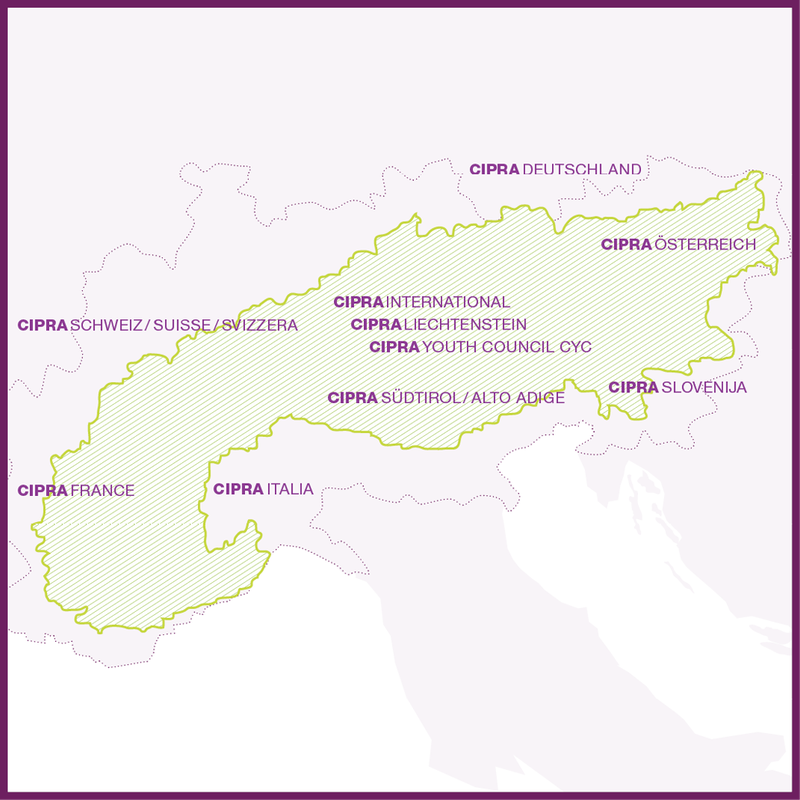Laura Haberfellner, CIPRA International Lab
Innovation to counter emigration
Emigration and the brain drain in the Alpine region: a new EU project involving CIPRA aims to counteract this trend. It is testing innovative governance models to strengthen mountain regions and create a win-win situation for regions of origin, destinations and young emigrants.
More articles
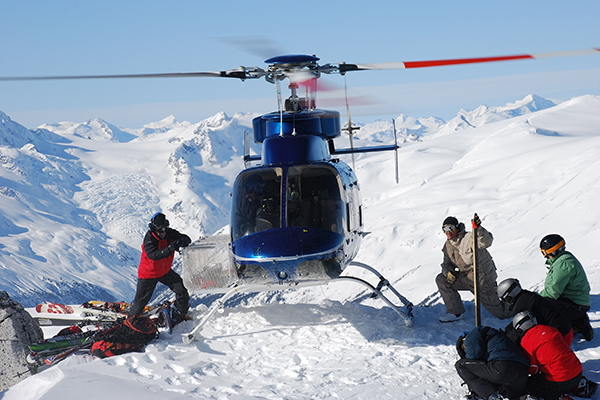
Departure time for helicopters
At a time of declining winter tourism, heli-skiing brings in extra income. While sports enthusiasts might pay a few hundred euros, nature pays a high price.
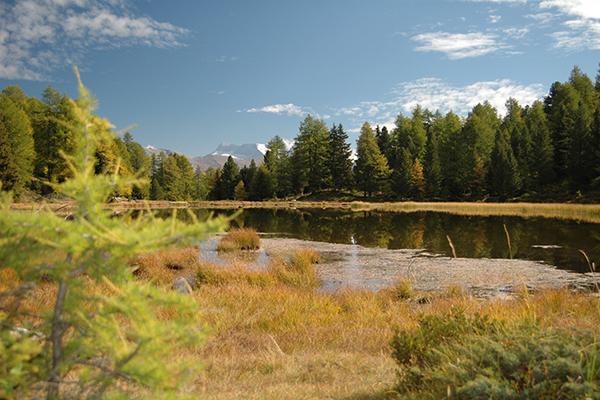
Bogs – a way out of the climate swamp
One hectare of bog can store as much CO2 as a car produces in a year. The Alps suffer from some of the world’s heaviest traffic – yet fewer and fewer intact bogs remain.
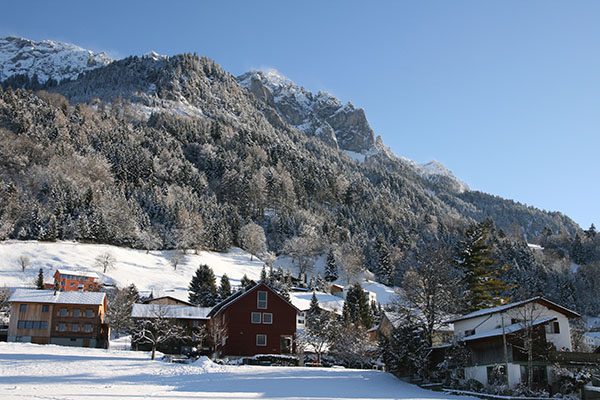
How intact ecosystems improve our quality of life
Nature provides us with enormous benefits. The AlpES project draws on the concept of ecosystem services in order to record these in the Alpine regions and increase their appreciation.
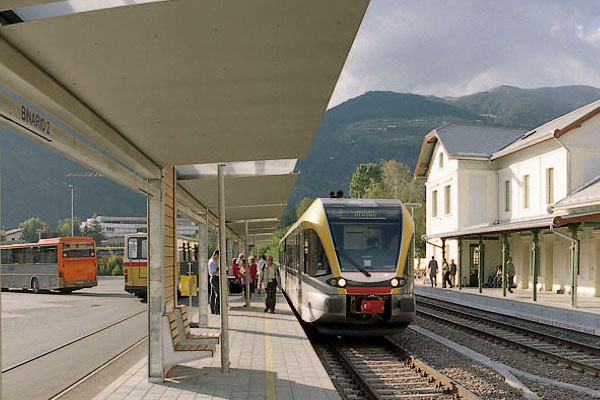
Solutions for borderless commuter mobility
Traffic jams, convoy controls, fine dust pollution and the Brenner base tunnel: while the problems of transit and goods traffic accumulate on political agendas, commuter cars remain stuck in queues.
Events
There is nothing to see here at the moment. Why not take a look at the other countries?
Projects & activities
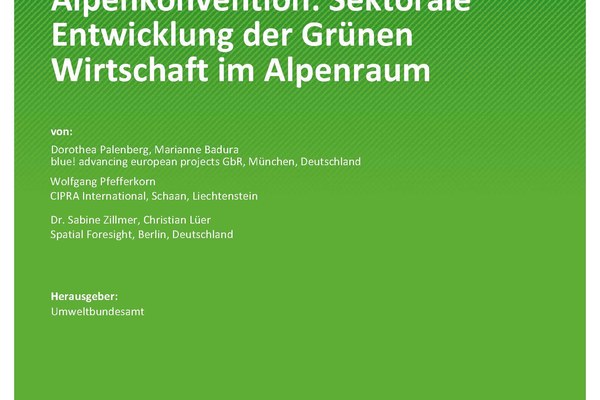
CIPRA International
Alpine Convention - Sectoral development of the Green Economy in the Alpine region
[Project completed] Promoting environmentally sustainable growth while recognising ecological limits: the Green Economy is low-carbon, resource-efficient and socially inclusive. This form of economy preserves the Alpine ecosystem while making use of existing natural capital.
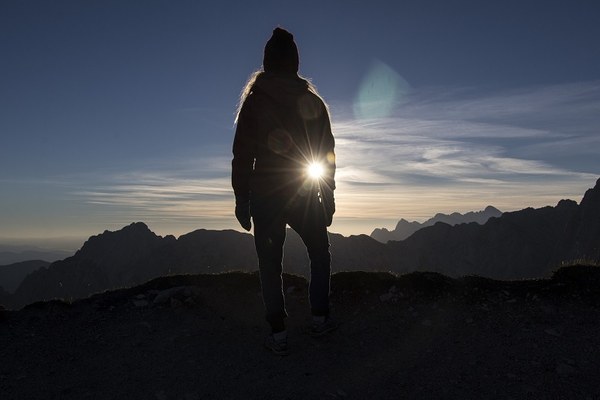
CIPRA International
Reset Alpine Tourism
[Project completed] "Reset Alpine Tourism" brought together relevant tourism stakeholders to discuss climate protection and sustainable development in tourism.
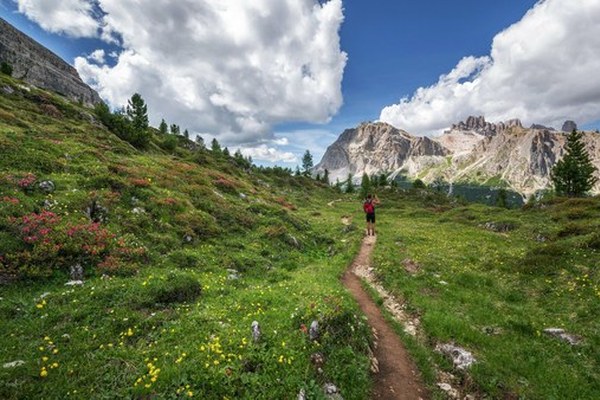
CIPRA International
speciAlps2
[Project completed] More and more people are seeking recreation and balance in the natural surroundings of the Alps. This trend is not only being reinforced by the corona crisis, but also by society’s increasing pressure to perform. This puts increasing pressure on animals and plants, but also on destinations with their infrastructure and inhabitants. It is essential for visitors to be guided: the speciAlps2 project raised awareness of the protection of nature and landscape in the Alps and developed measures to guide visitors.

